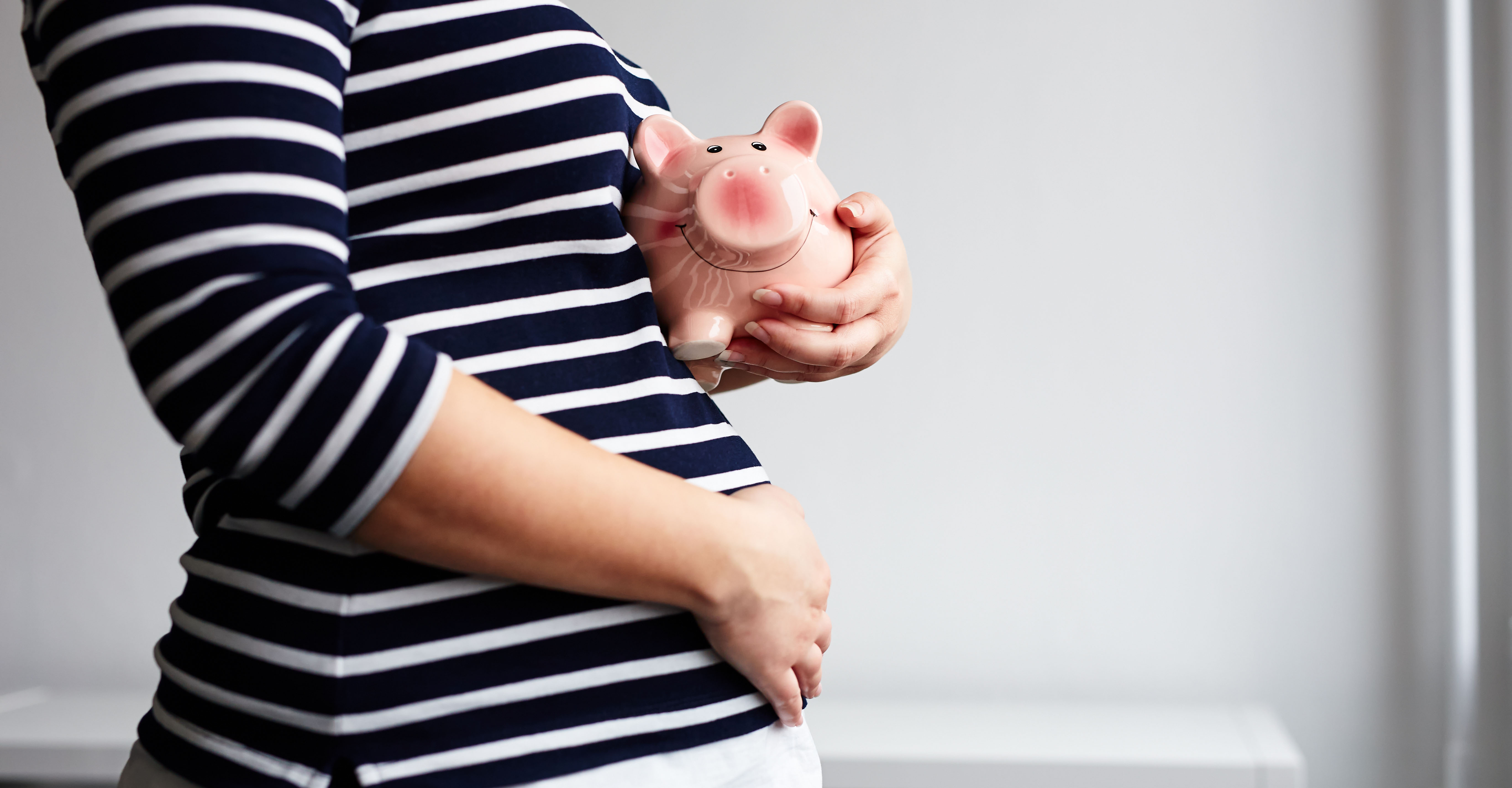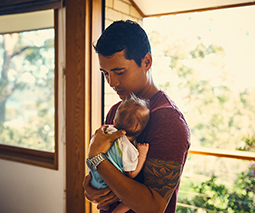Money expert’s golden rule for couples expecting a baby

Whether you planned your pregnancy or it was a bit of surprise, Effie Zahos has one golden tip: start living off one income right away.
“Everyone has the same time to prepare for a baby – and the next nine months is a great opportunity to test out how you’ll go,” says Effie.
In her new book, A Real Girl’s Guide to Money, Effie discusses how to make these changes.
Ask: How can you supplement your salary on maternity leave?
“While you’re still working, make the most of it. Revise your budget and look at what income you can supplement your salary with.”
When the time is right, Effie advises women to make time to talk with their employer about the way their income will be affected by maternity leave.
“Find out what your entitlements and benefits are regarding maternity leave and paternity leave. And find out what is going to happen with your superannuation, because not all employers cover this during maternity leave.”
Change your money mindset
Nothing stays the same once a baby comes along, and that includes the way you think about money.
“You really do have to change your behavioural patterns now you have a child. And it’s not just the immediate costs, either,” says Effie.
A big part of this transformation is thinking ahead and doing an opportunity costs evaluation.
“Ask any 18-year-old kid if they regret a designer pram you bought them as a baby when they could have had that money invested into an account in their name? All you really need to give your child is love and food, everything else is just a bonus.”
Read more about money:
- 6 bill-busting tips for families
- 6 reasons new parents need to see a financial advisor
- 7 reasons to come to our baby shower event
Try not to panic
One of the best-kept secrets of maternity leave is that you actually need a lot less money than you think you do.
“You will be surprised how much you can save when you’re at home with a baby. Because most of your discretionary spending happens while you’re working. Like, buying your lunch and these expenses add up and hit the home budget,” says Effie.
“When you stay at home, you’re eating meals you’ve made and your spending a lot more time outside. So that means you cut back on expenses like the gym for exercise.”
Get your own bank account
There are no rules around what to do with your money when you’re in a partnership, but Effie says she always recommends women have their own bank account for independence and financial literacy.
“Even if you are the one going to be staying home for the year, sit down with your partner and discuss how you will handle this financially,” says Effie.
“Get your partner to ‘pay’ an allowance into your own account for spending and food money, so you don’t have to be answerable to everything. This will also make sure you are valued for the work you are doing at home. It’s important that this money is not seen as a ‘favour’ and that your partner isn’t checking in to see what you are buying.”
Create a budget and savings plan
Having a savings plan is always a good idea, but Effie says when a baby comes along, many couples are knee-deep in a mortgage at the same time.
“Raising kids costs money. The average zero to four-year-old costs their parents about $133 a week. So saving might be challenging in the first year, but it’s good to set up a bucket for it,” says Effie.
“Ask yourselves how much your budget can support. Can you afford to put aside 10 percent of combined income now as savings, that’s great. But if not, even $20 a week can add up over time.”
Improve your financial literacy
Let’s be honest here, there’s not a lot of spare time when you are caring for a young baby. But Effie recommends spending even a portion of the time you do get, improving our financial literacy.
Effie recommends five ways to get started:
- Read the government’s ASICS money website.
- Get online and take the Hilda Financial Literacy Survey
- Take the 26-week money challenge in Effie’s book.
- Sign up for the Money Magazines free newsletter.
Before you return to work …
Returning to work after a baby is a very personal decision.
When going back to work part-time you have to weigh up the costs, especially if you don’t have free help with childcare. For me personally, when childcare was factored in, there was nil benefit financially for me to return to work but my mental health would have suffered without it,” says Effie.
“Also remember when you do go back to work and start earning money again, try not to think about returning to your old spending habits. Now you have a child, you need to start thinking about saving, rather than spending.”
Get more financial tips and tricks from Effie in her new book, A Real Girls Guide to Money.









